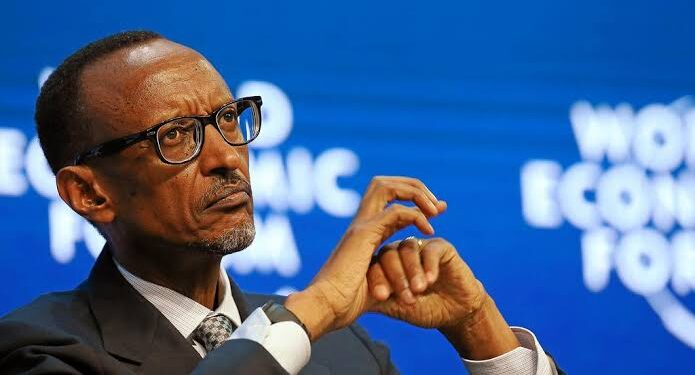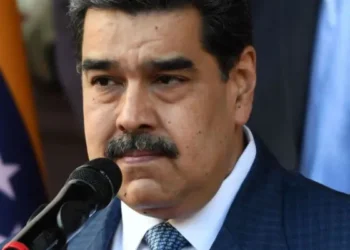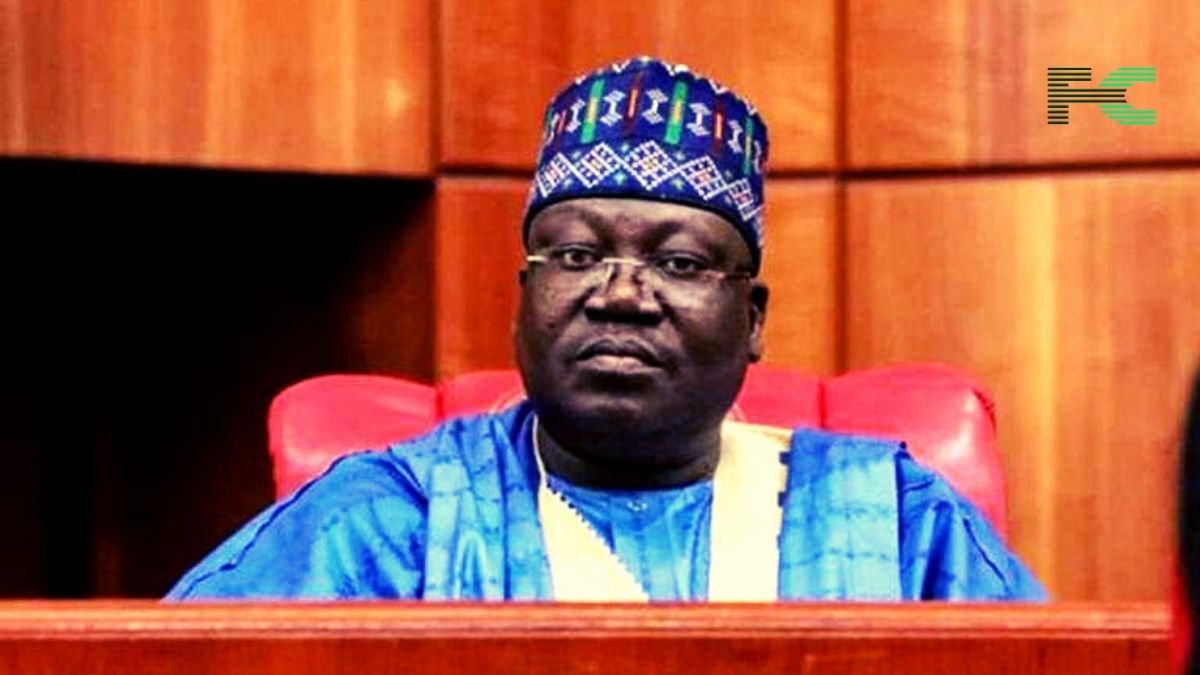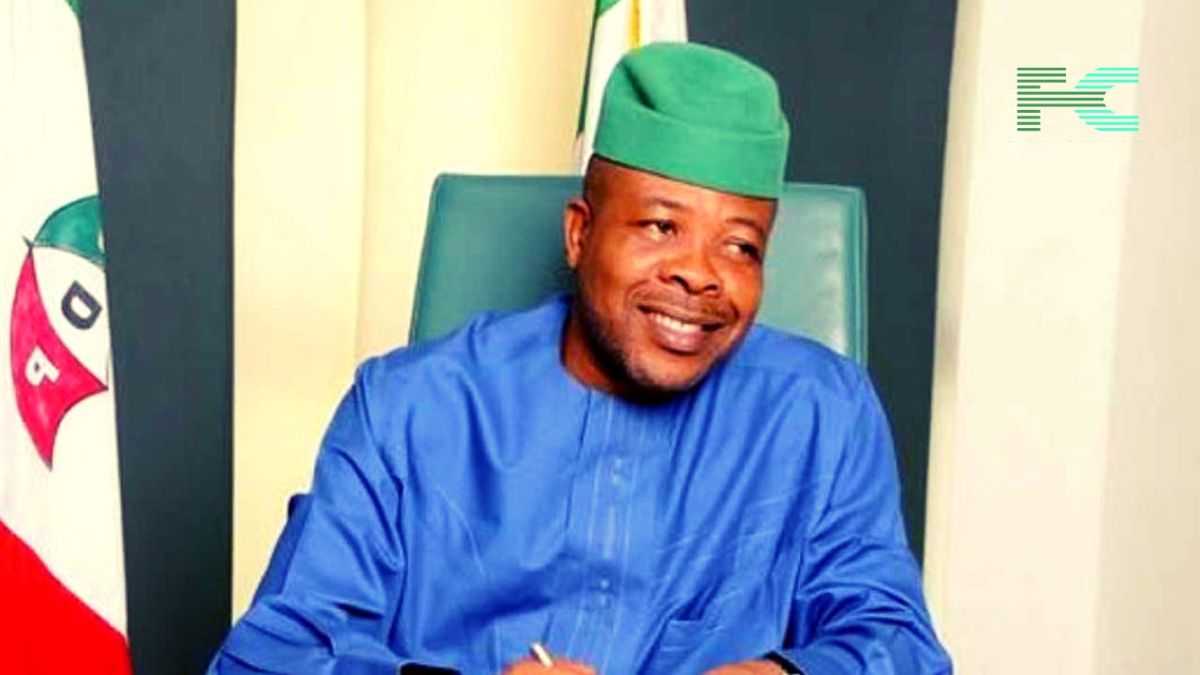Rwanda’s President Paul Kagame, a man who apparently doesn’t believe in the concept of stepping down, was sworn in for a fourth term on Sunday after a “landslide victory” last month, securing more than 99% of the vote. At this point, one has to wonder, is there anyone else in Rwanda even capable of ruling, or are they just content to let Kagame run the show indefinitely?
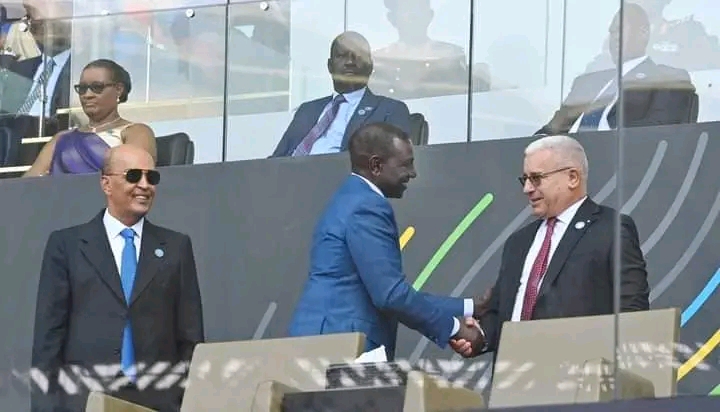
The Grand Inauguration Spectacle
The inauguration ceremony was a grand affair, attended by several dozen heads of state and dignitaries from across Africa. The 45,000-seat stadium in Kigali was packed to the brim, with eager crowds gathering from the early hours of the morning. Kagame took the oath of office before Chief Justice Faustin Ntezilyayo, pledging to preserve peace, national sovereignty, and consolidate national unity. But one has to ask, is this unity built on fear?
The July 15 poll’s outcome was never in doubt. After all, Kagame has ruled Rwanda since the 1994 genocide, first as the de facto leader and then as president. With 99.18% of ballots cast in his favour, Kagame secured another five years in power, much to the dismay of rights activists who see this as a blatant disregard for democracy. One can’t help but feel sorry for the Rwandans who, despite knowing better, continue to support a man who seems determined to stay indefinitely in office.
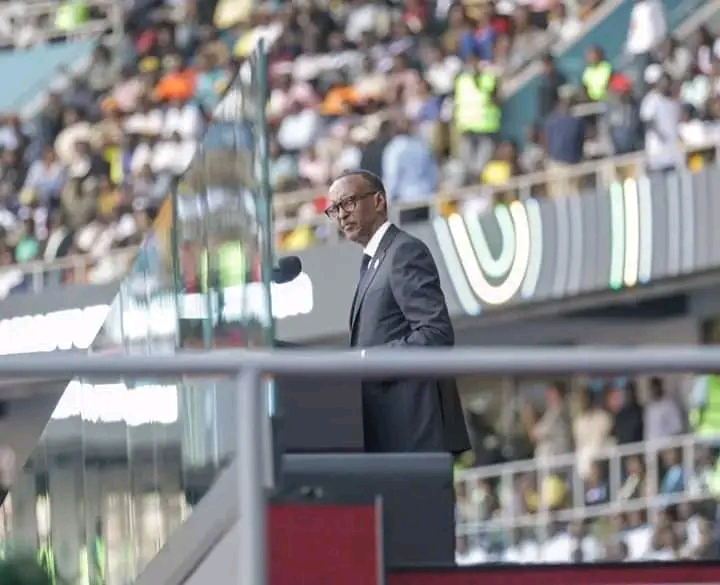
A Rigged Election?
Out of eight applicants, only two candidates were allowed to run against Kagame, with several prominent critics barred from contesting. In this day and age, it’s shocking that Rwanda is still under what can only be described as a dictatorship, with citizens blindly following a leader who has turned the concept of democracy into a joke. The Democratic Green Party’s leader, Frank Habineza, managed to scrape into second place with a mere 0.5% of the vote, while independent candidate Philippe Mpayimana received 0.32%. If this isn’t a sorry joke, what is?
Kagame is often credited with rebuilding Rwanda after the horrific 1994 genocide, during which Hutu extremists killed around 800,000 people, mainly Tutsis. While Kagame’s leadership has undeniably transformed Rwanda, it’s important to remember that his rule is also marked by fear, intimidation, and the crushing of any Opposition. His critics face arbitrary detentions, killings, and enforced disappearances, a sharp reminder that Rwanda’s progress comes at a steep cost.
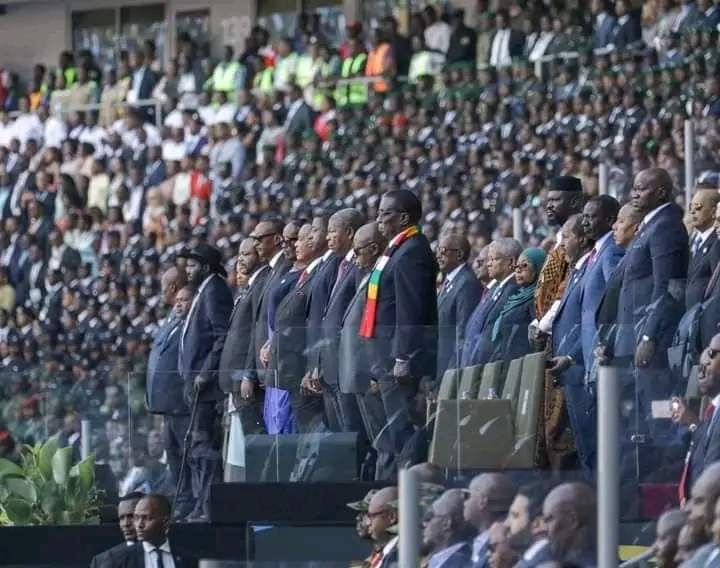
Regional Instability
Kagame’s rule isn’t just controversial within Rwanda; it extends beyond the nation’s borders. Kigali is accused of stoking instability in the Democratic Republic of Congo (DRC), with Kagame allegedly backing the M23 rebel group fighting against Kinshasa’s armed forces. Despite efforts to broker a ceasefire, including talks between Kagame and Angola’s President Joao Lourenco, the situation remains tense, with M23 rebels capturing a town on the Uganda border just as the ceasefire was supposed to take effect.
With 65% of Rwanda’s population under the age of 30, Kagame is the only leader most Rwandans have ever known. Many, like 27-year-old trader Tania Iriza, remain fiercely loyal, praising Kagame’s leadership for transforming Rwanda from its tragic past into a nation of prosperity, unity, and innovation. But one must ask, is this loyalty born out of genuine admiration, or is it the result of years of mental slavery, where Rwandans believe no one else is fit to rule but Kagame?
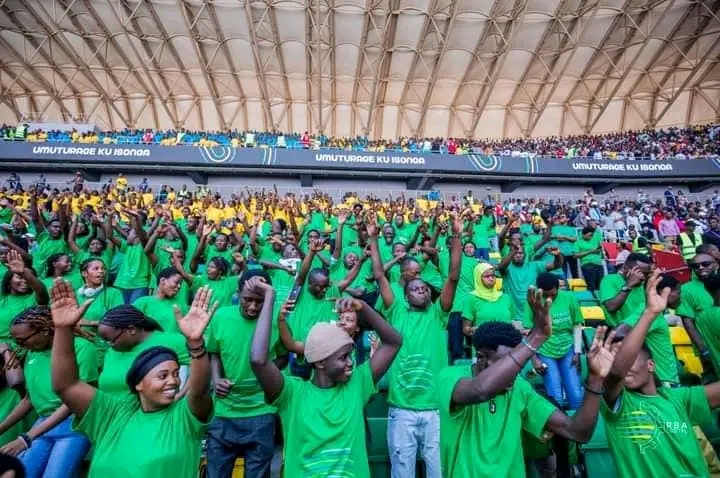
Kagame’s Unchallenged Reign
Kagame has won every presidential election he’s contested, each time with more than 93% of the vote. In 2015, he even oversaw controversial constitutional amendments that shortened presidential terms but conveniently reset the clock for him, allowing him to potentially rule until 2034. If you ask me, this isn’t leadership, it’s a tragic display of mental slavery where an entire nation is convinced that only one man is capable of ruling.
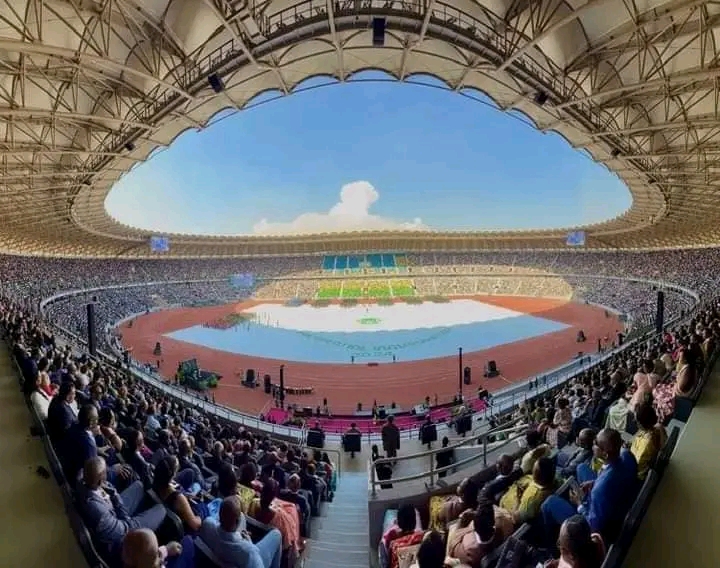
A Dictatorship in Disguise?
Kagame’s fourth term may be hailed as a victory for some, but for others, it’s a clear sign that Rwanda is far from a true democracy. With a leader who refuses to step down, citizens who blindly follow, and a system that crushes opposition, Rwanda’s future under Kagame remains uncertain. The question is, how long will this charade continue before the people of Rwanda demand real change?

